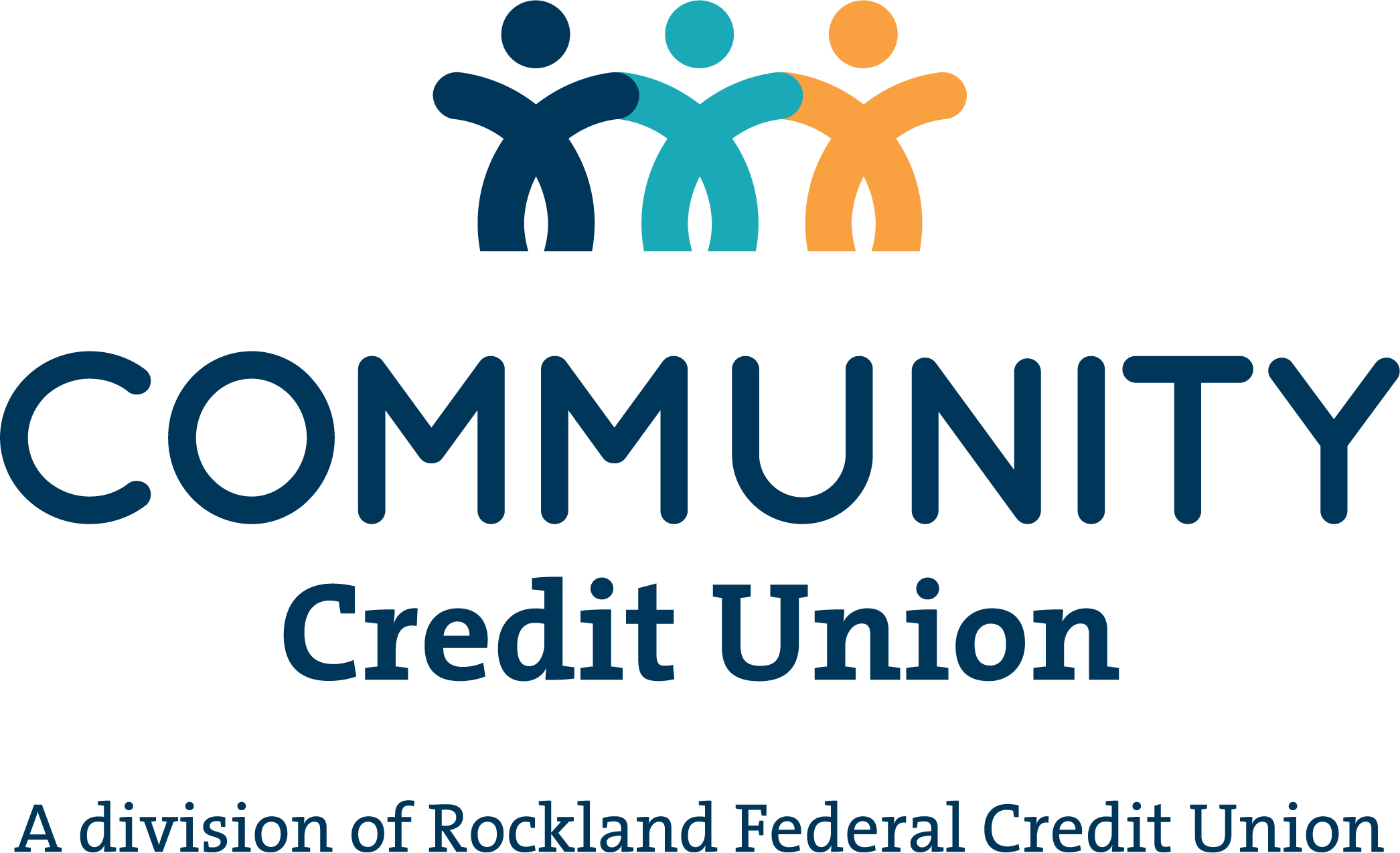Why Managing Money and Mental Health Go Hand in Hand
May is Mental Health Awareness Month—a perfect time to take a closer look at how money worries affect emotional well-being. Whether it’s the anxiety of mounting bills, the guilt of overspending, or the uncertainty of an unstable income, financial stress touches nearly every area of our lives.
But here’s the good news: with the right mindset and a few small shifts, you can reduce that stress and create a path toward both financial and emotional wellness.
The Hidden Toll of Financial Stress
Let’s face it—money is emotional. It’s not just dollars and cents; it’s security, freedom, opportunity, and sometimes, a source of shame or fear. When finances are tight, or when you’re unsure how to manage them, the pressure can lead to a ripple effect of stress-related symptoms.
Ever experienced any of these?
Sleep disruptions
Worrying about money often shows up at night, stealing precious rest. According to a Sleep Foundation study, financial concerns are a leading cause of insomnia. Do your finances follow you to bed—and not in a good way?
Physical health issues
Chronic stress can raise cortisol levels, which may contribute to headaches, high blood pressure, digestive issues, and even a weakened immune system—all common effects of financial stress, according to experts.
Strained relationships
Money is one of the most common sources of conflict in relationships. Whether it’s with a partner, family member, or roommate, tension over finances can erode trust and communication.
Mental health challenges
Financial instability is closely linked with anxiety and depression. It can make you feel stuck, ashamed, or even hopeless—especially if you don’t know where to turn for help.
But taking control of your finances, even in small ways, can empower you and significantly reduce stress.
Why Financial Wellness Matters
Think of financial wellness as self-care with a savings account. It’s not about being rich or having a perfect budget—it’s about creating stability and reducing stressors that impact your daily life.
When your finances are in order (or at least on the path to improvement), you feel more in control, confident, and calm. You can make decisions from a place of clarity rather than fear. And that’s where wellness begins.
Small Steps to Reclaim Control
If you’re feeling overwhelmed, know that you’re not alone—and you’re not powerless. Here are a few smart and manageable ways to reduce financial stress and improve your overall well-being:
- Track your spending
Awareness is the first step toward change. Use a simple budgeting app like Mint or Goodbudget to see where your money is going. Often, the act of tracking alone helps you make better choices.
- Build an emergency fund (even a small one)
Having just $250–$500 saved in an emergency fund for unexpected expenses can be a huge mental relief. Start small and aim to automate contributions so you’re building security without thinking about it.
- Talk to someone
Whether it’s a financial advisor, a money coach, or even a trusted friend, talking about money reduces shame and gives you clarity. Many local credit unions often offer free financial counseling, which can be a great resource for getting started.
- Practice mindfulness
When emotions are high, taking a pause can make all the difference. Meditation, journaling, or even a short walk can help regulate your thoughts so you’re not making money decisions in a stressed-out state.
- Set one financial goal at a time
Trying to tackle everything at once—debt, savings, budgeting—can be overwhelming. Focus on just one thing: paying off a small credit card balance, building a savings cushion, or creating a meal plan to cut back on food costs. Here’s some help if you want to pay off your debt faster.
Financial and Emotional Wellness Are Connected
It’s easy to separate money problems from “mental health problems,” but in truth, they’re often intertwined. Financial stress doesn’t just affect your bank account—it impacts your mood, your focus, your energy, and your relationships. By acknowledging the connection, you can begin to heal both sides of the equation.
Support is available—and progress is possible. You don’t need to be perfect, just willing to take the first step.
Ready to take control of your financial well-being?
Schedule a complimentary wellness check-in with Community Credit Union and discover practical, judgment-free ways to reduce stress and feel more empowered—about your money and your life.
Prefer to talk in person? We’ve got branches in Lynn, Peabody, and Somerville or give us a call at 800-862-7009 and set up a time that works best for you.
At Community Credit Union, we believe in growing financial wellness together. Join today and take the first step toward financial peace of mind—for you and your family.
If you or someone you love is struggling with mental health, please know help is available. Visit NAMI or call/text 988 for immediate support.

